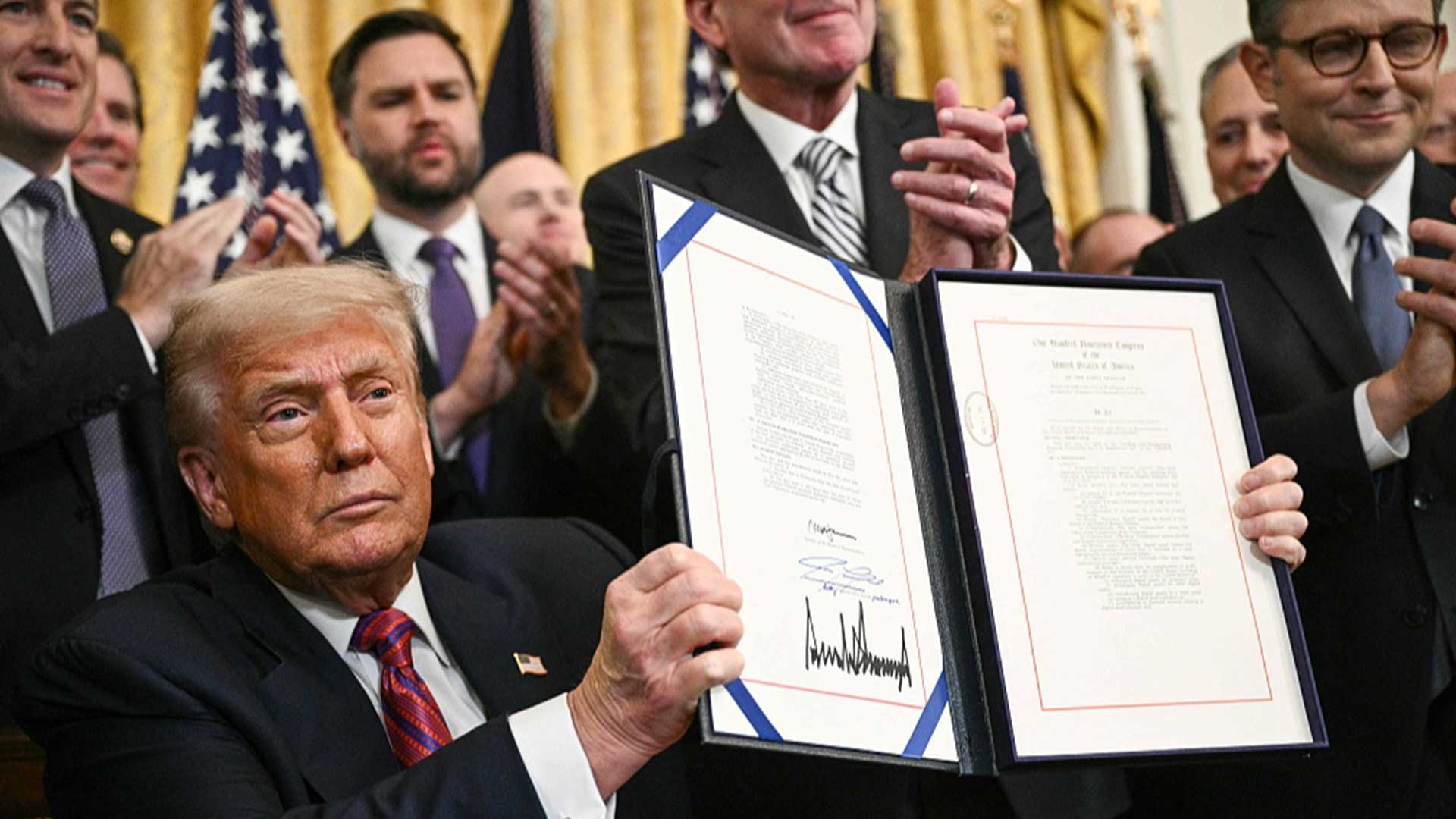
U.S. President Donald Trump has signed the GENIUS Act into law, establishing a regulatory framework for dollar-pegged cryptocurrencies known as stablecoins. The law, which passed with bipartisan support in Congress, requires stablecoins to be backed by liquid assets such as U.S. dollars or short-term Treasury bills and mandates monthly public disclosure of reserve compositions. Supporters argue that the law will legitimize stablecoins, strengthen the U.S. dollar’s global role, increase demand for U.S. Treasury debt, and encourage mainstream adoption by banks, businesses, and consumers. The stablecoin market, currently valued at over $260 billion, is projected to grow to $2 trillion by 2028 under this framework. Trump, who has launched his own meme coin and holds crypto interests through a family trust, hailed the law as a step toward making the U.S. the “crypto capital of the world.” However, critics warn the law lacks sufficient oversight, could increase financial instability, and empowers private companies to create digital dollars backed by public debt. Concerns have been raised internationally, particularly in Europe, and domestically by those who believe the law should have imposed stricter anti-money laundering rules and limited the role of big tech and foreign issuers. Despite the controversy, the law reflects a significant shift in U.S. policy toward embracing digital assets.
Credit: CGTN